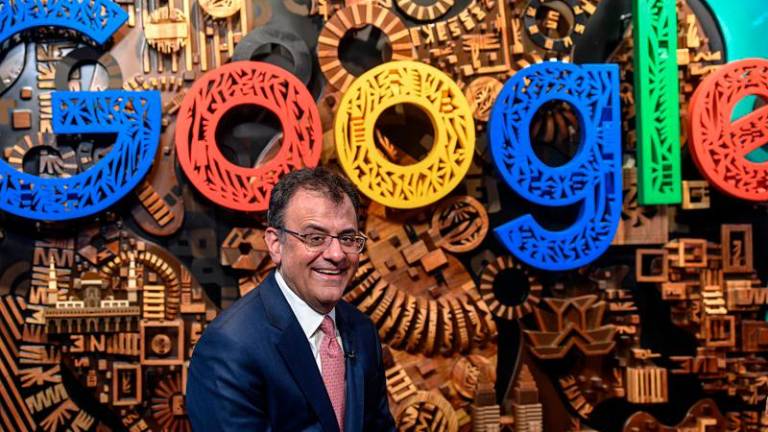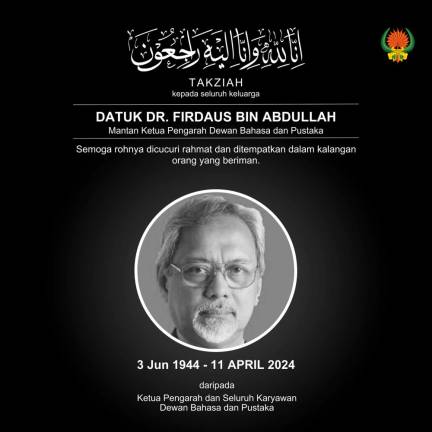CALL him a mathematician, a boy genius, or even a prodigy, but Adi Putra Abdul Ghani likes to think that he is a normal youth who plays guitar and video games during his free time.
When he was nine years old, Adi attempted to sit for his A-Levels, but was unsuccessful due to the fact that he has yet to complete secondary school.
Today, the 20-year-old runs his own company, Adimatik Genius Solutions, where he travels around the nation holding math seminars under his very own Adimatik programme.
What is it about Math that intrigues you?
“Everywhere I go, and everything I see involves numbers; from time to money. You can use Math to calculate the structure of buildings or even environmental landscape.
“To me, Math is the essence to everything, from just using numbers and not even words, you can explain and solve so many things.”
Can you dispel some of the common misconceptions about Math?
“By default, people think there’s only one way to solve a Math equation; it’s how we were taught in school and has been the same for the last decades.
“But the truth is, Math is really not that rigid, there are a lot more ways to do Math.
“In my class, I can teach up to 20 different methodologies to solve a simple Math equation, [and] the students can pick whichever they find most easy to adapt and [which] interests them the most.
“I devised 235 Mathematical formulas and have published 12 of them in a book titled Seni Matematik Islam (The Art of Islamic Mathematics) because to be frank, I’m quite a lazy person, or at least my brain is. I didn’t want to follow the conventional ways of solving Math equations, they are typically boring, unnecessarily complex and time-consuming.”
You attempted to go along with the traditional education system that resulted in you dropping out.
“I did go to primary school for four months when I was seven, and eventually dropped out. And at that age, I’d already gone to the same school twice to teach standard six students for their UPSR examinations.
“The problem was that it wasn’t really about me learning in a proper school environment, but it was more of a show for the media and parents to watch me as a student teach in class. Those are the things that made me drop out.”
What can the education ministry do to improve the traditional, one-size-fits-all learning environment so that gifted students are able to challenge themselves?
“There is no need for an entirely new education system, or a new school for gifted students, but what the education ministry can do is to update the current education system.
“Good thing is, a few non-governmental organisations (NGO) are starting to notice gifted children, and are working hard towards helping them to advance and acquire better education that they deserved, and this did not exist back when I was still a kid.
“I’m also in the midst of [collaborating] with the government to bring my Adimatik programme to the rural districts in Malaysia that I [haven’t] managed to [reach].”
Do you think society has certain expectations of you, or perhaps expectations you inflicted upon yourself?
“I think my expectations for myself are far from what others are expecting from me. Though for now, it doesn’t concern me as much.
“But I do feel the pressure from the society; their expectation of me [is] to be an absolute genius [who] is able to solve any Math question instantly, which happens way too often.
“Sometimes I don’t see myself fully going into Math in the near future; I’m good at Math, but I also have other passions too, in entrepreneurship and teaching.”















